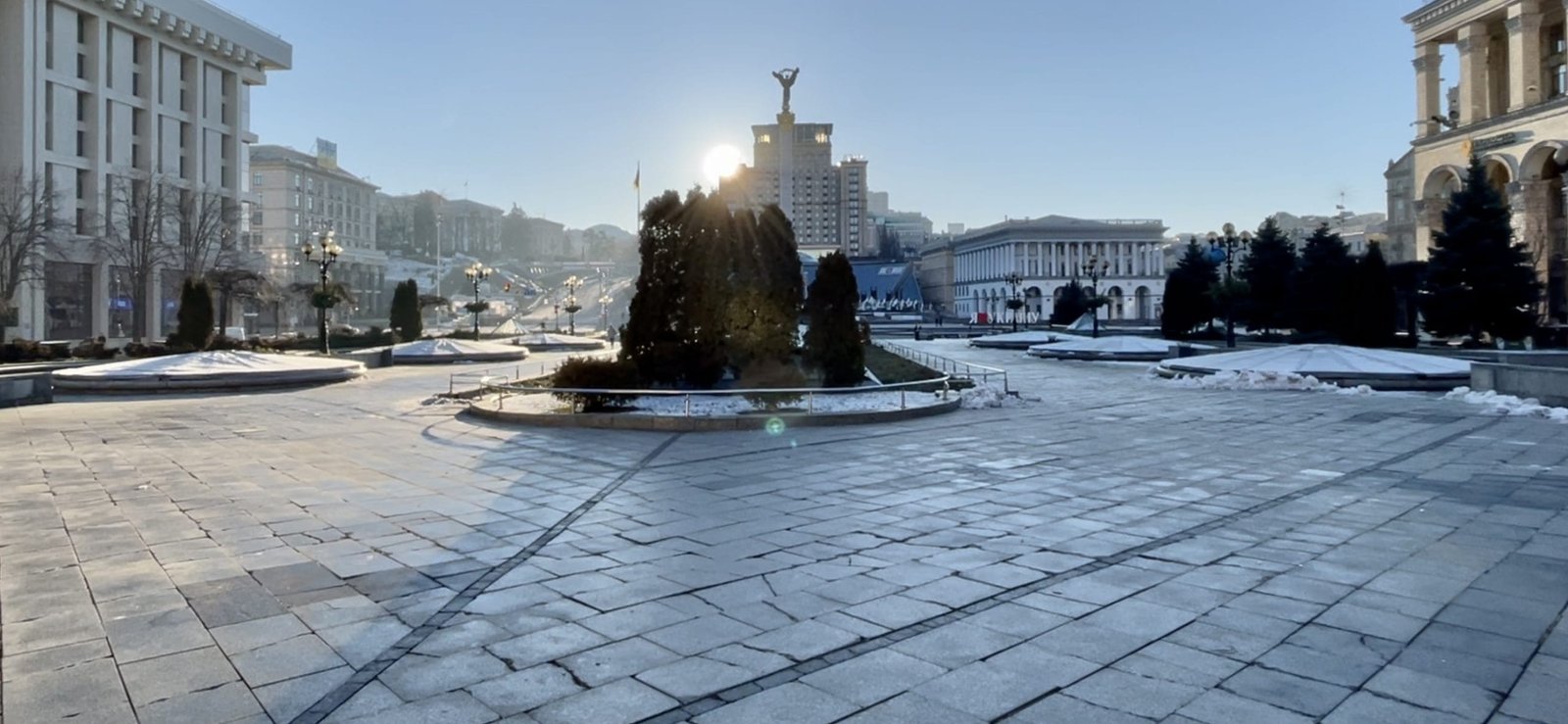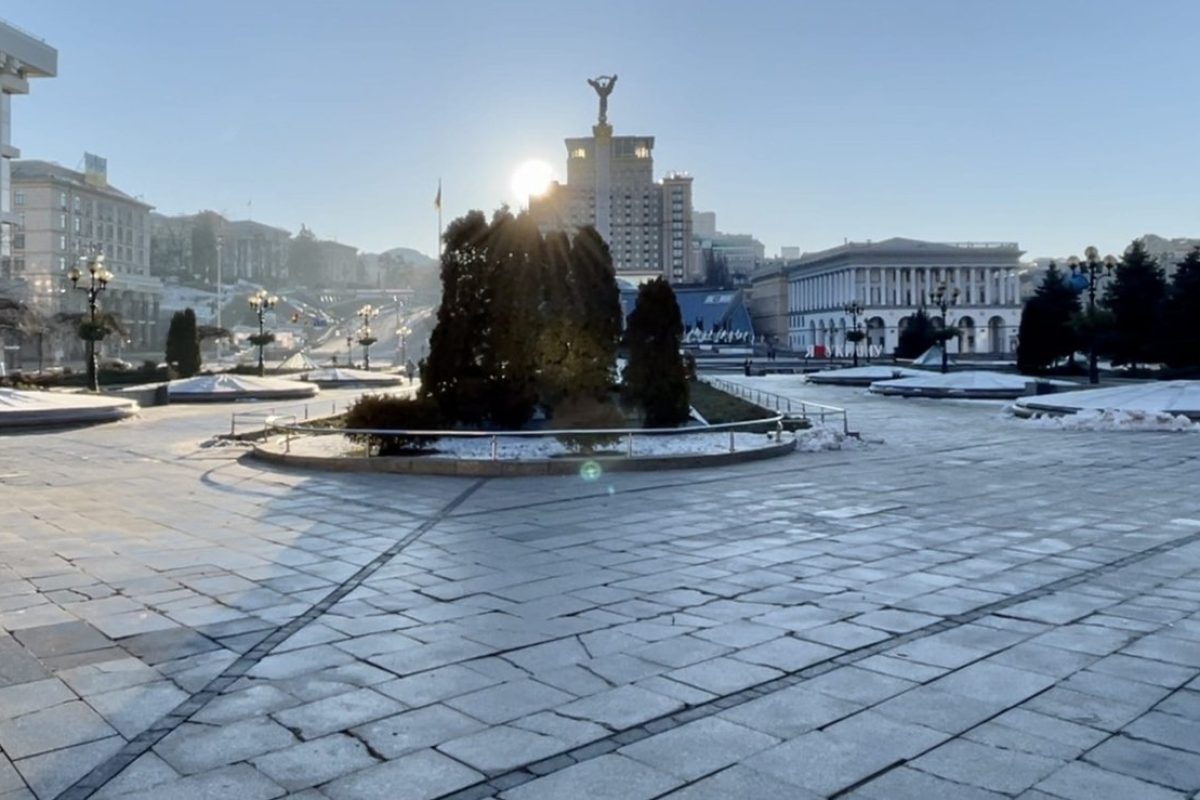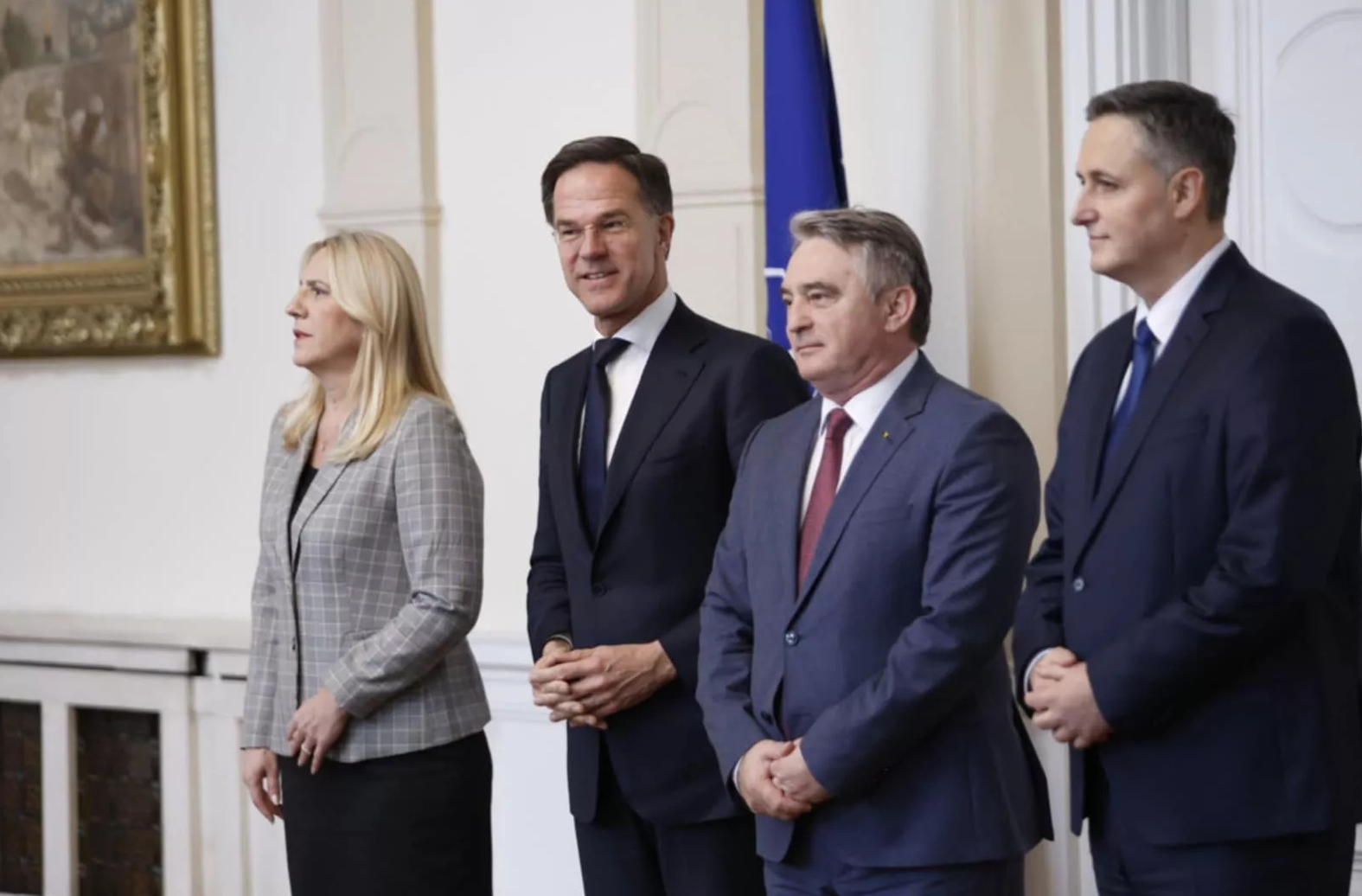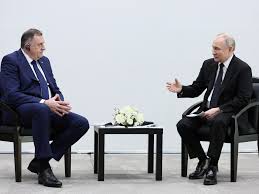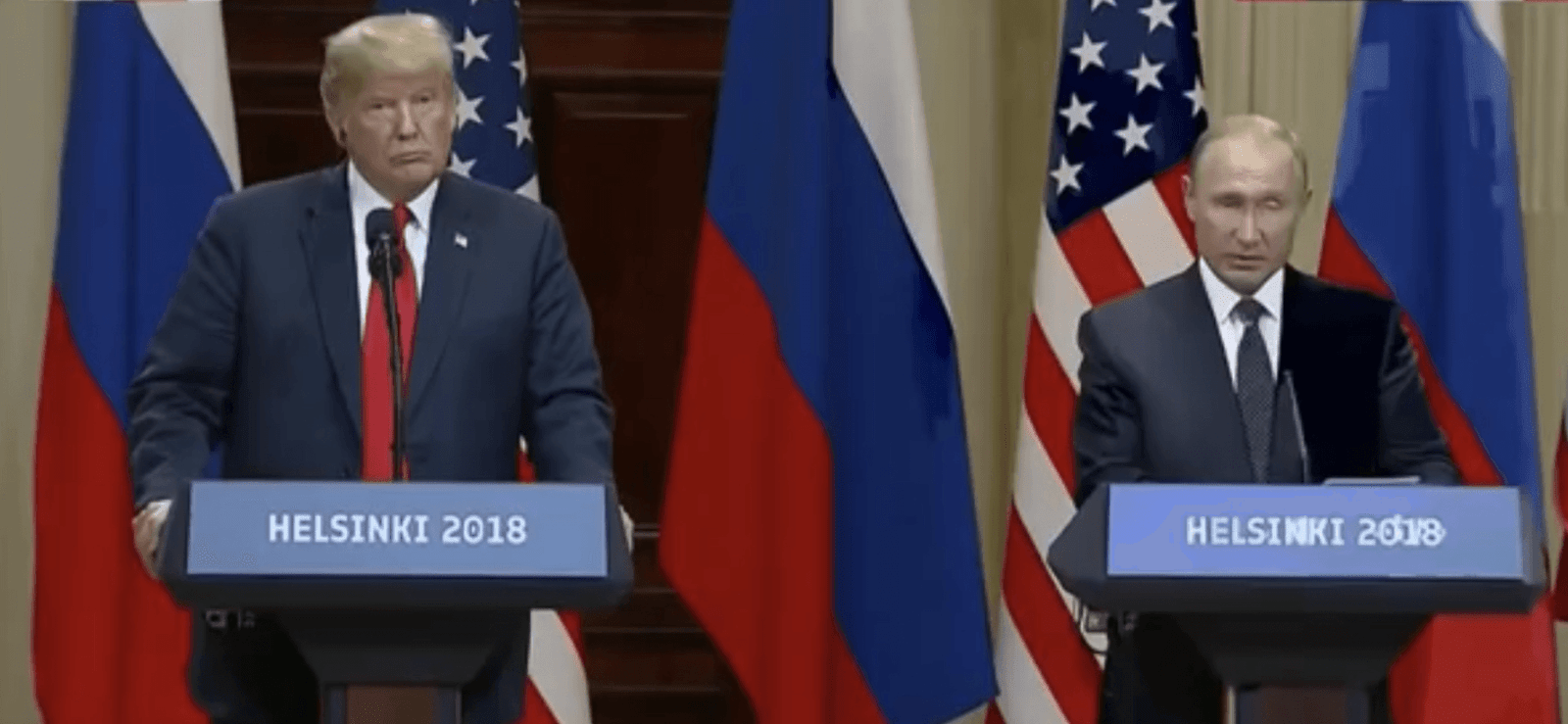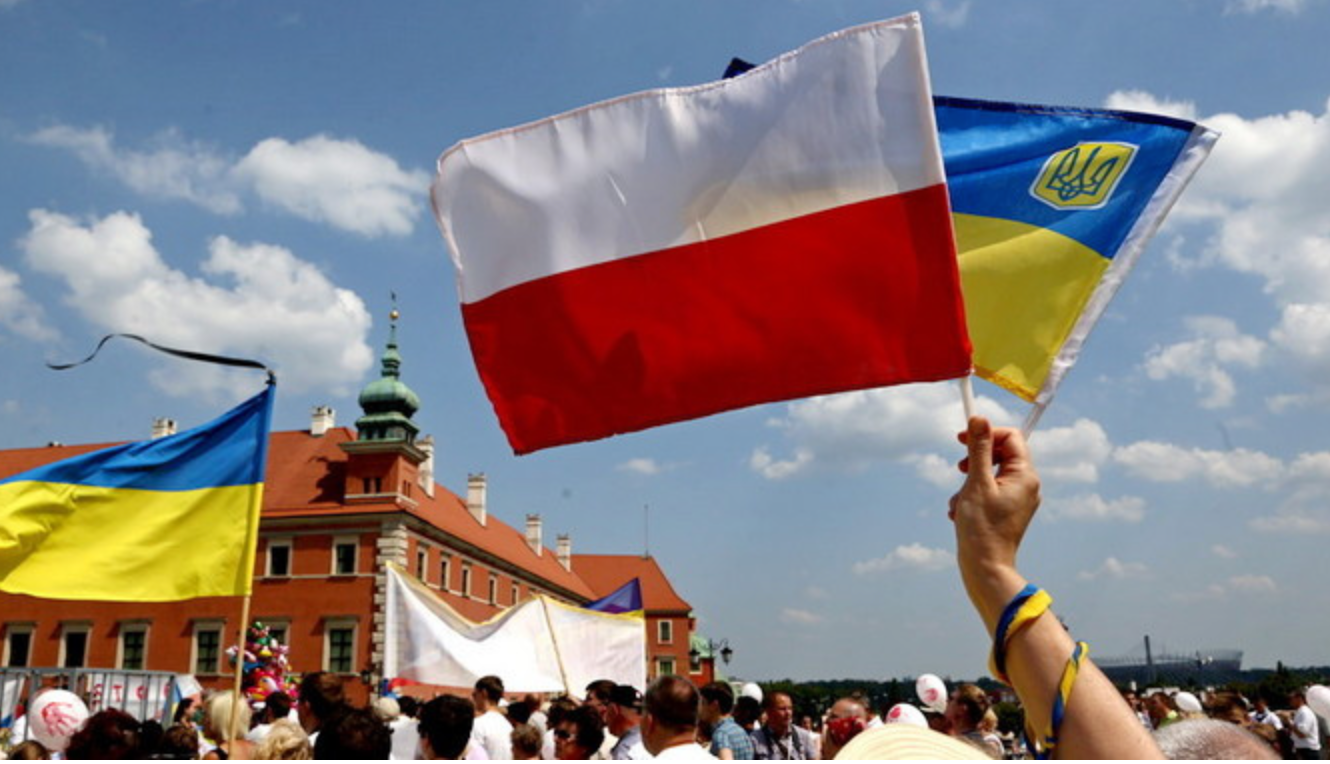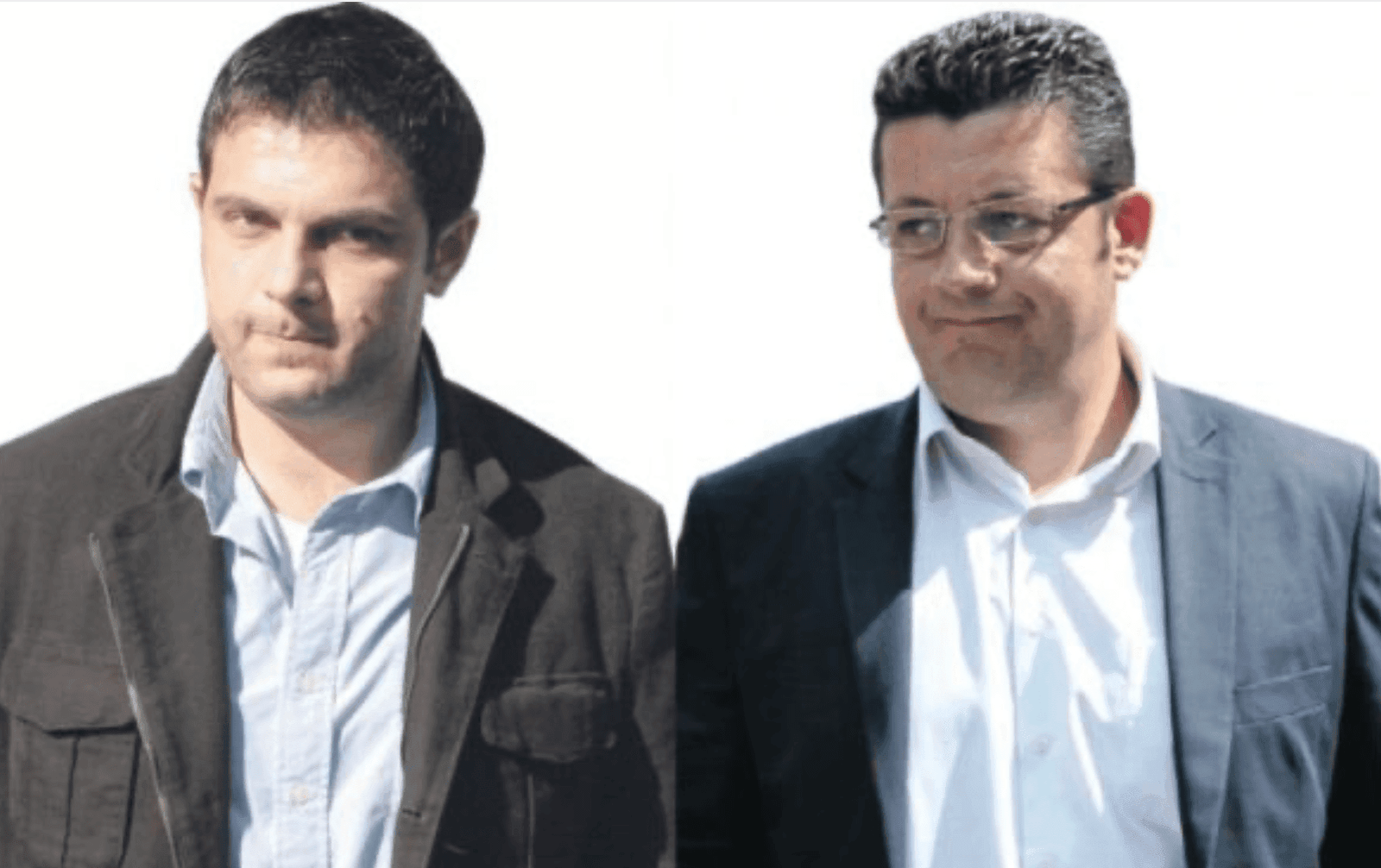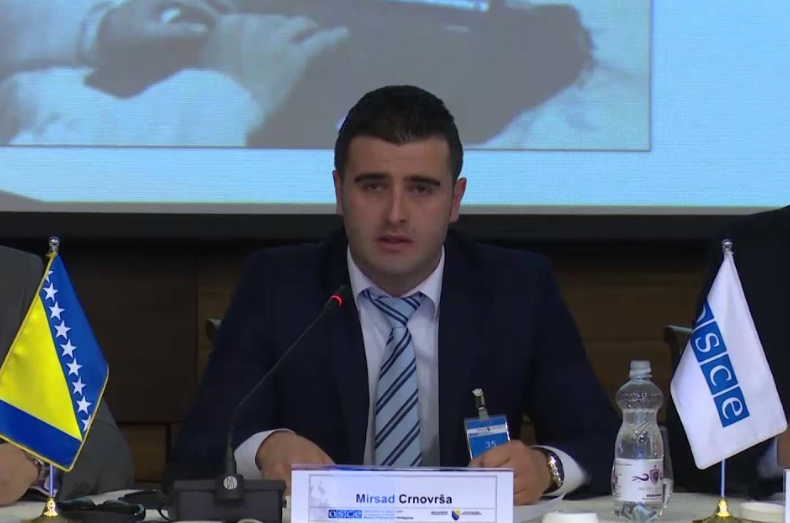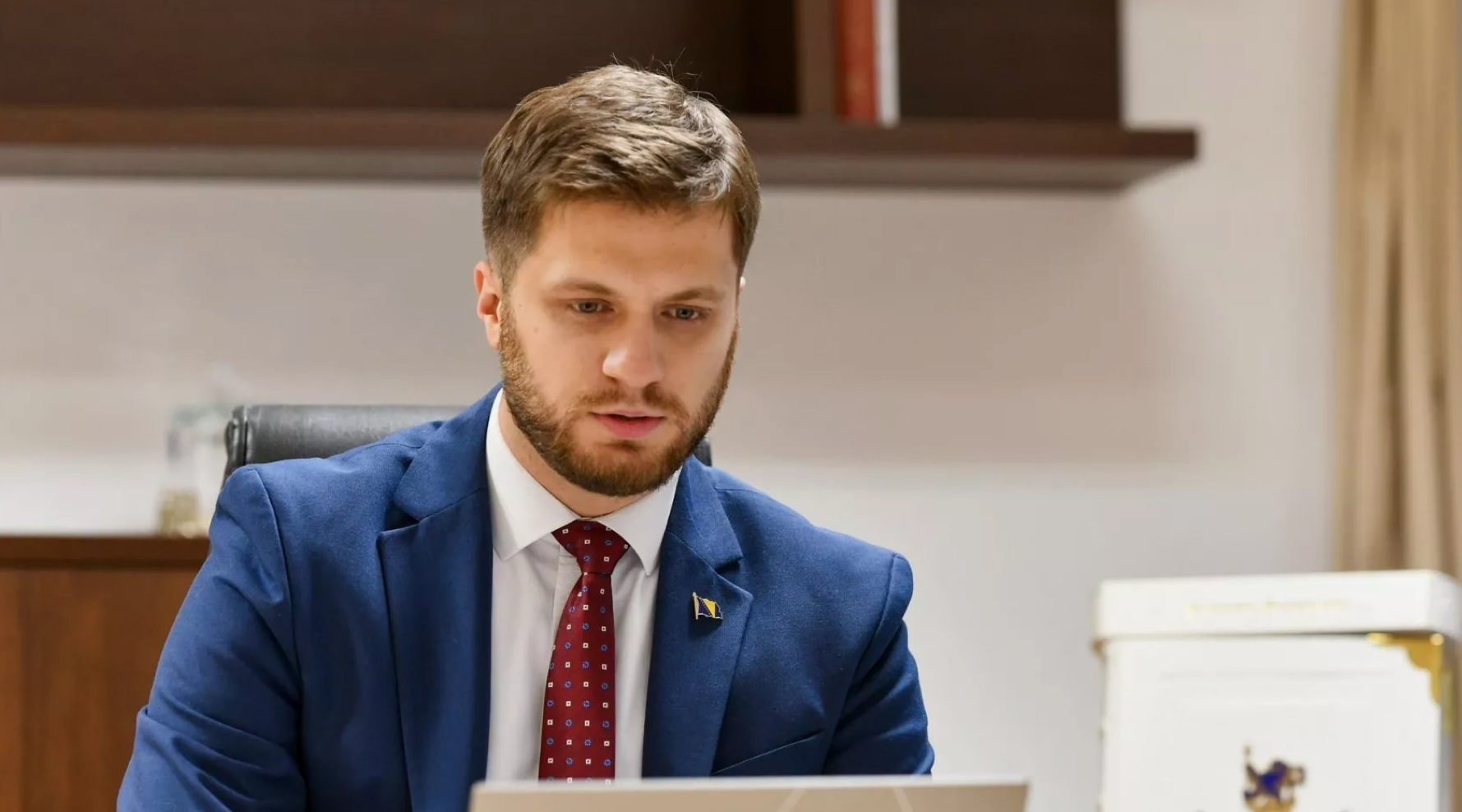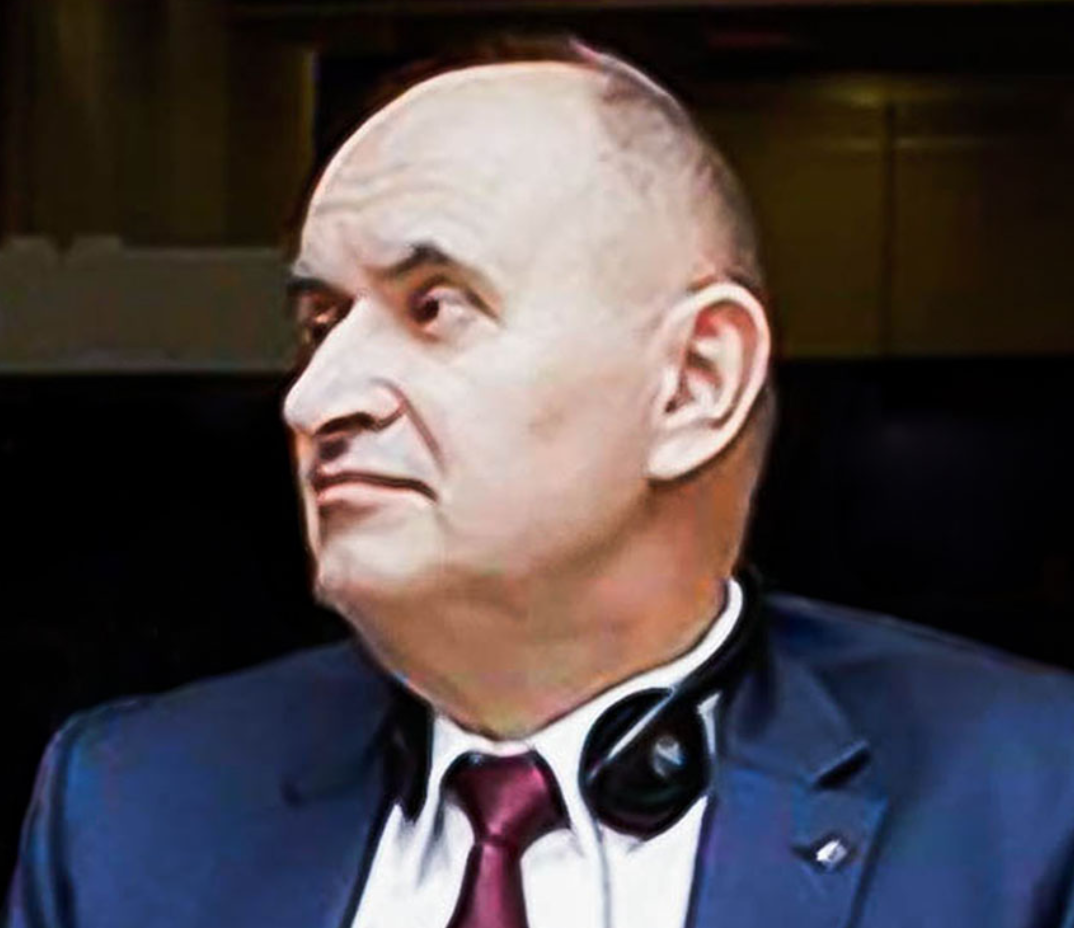Even before Russia’s full-scale invasion of Ukraine, many poorly informed Western analysts urged Kyiv to capitulate. These experts believed that the allegedly mighty Russian army would rapidly overrun Ukraine’s forces and they implored NATO not to “provoke”Putin by supplying desperately needed weapons to Kyiv. Over a month into its war of national liberation, Ukraine is again advised by an assortment of observers to placate Moscow by surrendering Donbas and Crimea and disarming itself through neutrality.
Such analysts fail to understand that the post-Cold War era is over and there are no neutral states on the front line between a free Europe and an imperial Russia. A country like Ukraine, committed to its independence and territorial integrity, needs to be part of an effective security structure. Kyiv has made it abundantly clear that it seeks real security guarantees, whether inside or outside NATO, and not vague promises from the West. And Ukraine of all countries has proven through its national resilience and fighting prowess that it will defend European security as well as its own.
Any negotiations between Kyiv and Moscow should not be misconstrued. Ukraine is not negotiating from a position of weakness but of growing military strength. It has pushed back Russian forces on several fronts, killed over 16,000 Russian troops, and destroyed hundreds of tanks, armored vehicles, helicopters, aircraft, and other pieces of military equipment. Kyiv is primarily talking to Moscow to relieve pressure on civilians arbitrarily bombed by Russian troops and to ensure humanitarian aid. For Russia, the objective is to push the West into neutralizing Ukraine while pressing Kyiv to agree to the status of a disarmed vassal. As in previous “peace talks” the Kremlin engages in open blackmail, in which either Ukraine’s sovereignty is curtailed, or more Ukrainian civilians will be murdered.
The war crimes committed by Russian troops are not only acts of desperation. Moscow deliberately massacres unarmed civilians so that videos of bombed schools and hospitals will influence the West into pressuring Ukraine toward a unilateral ceasefire. However, the atrocities against civilians are having the reverse effect. They are stiffening Ukraine’s resolve and resistance, increasing Western weapons supplies, and raising support for a complete sanctions ban on Russian trade and energy. Sanctions contribute to depriving Russia of the resources it needs to execute the war and to function as a society.
Ukraine needs to triumph in this war both to deter any future attacks by Moscow and to inflict a painful lesson for Russia’s imperial ambitions. A completed victory would include the full withdrawal of Russian troops from all occupied territories, including Donbas and Crimea. At the same time, sanctions should continue to be imposed until Putin and his regime are ousted, while billions of dollars of Russia’s frozen assets in Western financial institutions are earmarked for Ukraine’s reconstruction. In his recent speech in Warsaw, President Biden in effect called on Russia’s citizens to remove Putin’s regime or face economic devastation.
Kyiv is seeking strong international security guarantees to deter any future military aggression. This indicates either steps toward NATO membership or a treaty with NATO or the US that would ensure Ukraine receiving all necessary weapons and other support for deterrence and self-defense. Russia itself cannot be a party to guaranteeing Ukrainian security because it remains Ukraine’s only security threat that violated the 1994 Budapest Memorandum – an agreement signed by the US, the UK, and Russia to ensure Ukraine’s security after Kyiv surrendered its nuclear weapons.
As Russia’s war against Ukraine continues, Kyiv has every right to conduct missile strikes and sabotage operations against airfields and other military targets inside neighboring regions of Russia that are hosting attacks on Ukrainian territory. Such a response will furtherraise morale in Ukraine and make it more difficult for Moscow to hide the war from its own people. Washington and Brussels cannot restrain a country that is fighting for its survival to strike wherever it can against a genocidal enemy, similarly to resistance armies during the German Nazi occupation.
Ukraine is exactly the kind of country that NATO needs as a member, one that fully understands the Russian adversary, displays remarkable military prowess, and is committed to defending a free Europe. When a country joins NATO, the chances of a Russian attack significantly diminish, as we have seen with the much smaller and weaker Baltic states. Although Moscow persistently threatens Estonia, Latvia, Lithuania, it has not intervened militarily because it clearly fears an overwhelming NATO response led by the US.
The Kremlin continues to engage in fear campaigns about nuclear annihilation and world wars to undermine Western cohesion. While any use of strategic nuclear weapons against the West is remote, given that it will mean national suicide, Moscow could use short-range tactical nuclear or chemical weapons against Ukrainian targets. Such an escalation would also provoke NATO retaliation, as Biden has indicated, and could directly involve US forces against the source of the attack.
Western governments should avoid unwittingly assisting the Kremlin’s fear campaign by warning of World War III in the event of any direct NATO involvement in Ukraine. Russia’s military is no match for NATO and will avoid any direct confrontation. In addition to the organizational inadequacies, equipment failures, andmanpower shortages exposed in Ukraine, Russia faces an unprecedented economic catastrophe that will seriously deplete its military capabilities. The country’s Gross Domestic Product (GDP) is projected to contract by at least 15% in 2022 and essential parts for its military industry will no longer be available.
In addition, Moscow has no reliable allies. Even Belarus and the Central Asian states in the Moscow dominated Collective Security Treaty Organization (CSTO) do not want to fight on behalf of Russia’s imperialism. Moreover, China will avoid being drawn into war with the US and will more likely prepare to acquire energy sources and valuable Siberian and Far Eastern territories once Russia begins to implode.
(Janusz Bugajski is a Senior Fellow at the Jamestown Foundation in Washington DC. He is the co-author of Eurasian Disunion: Russia’s Vulnerable Flanks with Margarita Assenova. His new book, Failed State: A Guide to Russia’s Rupture, will be published this Spring)

